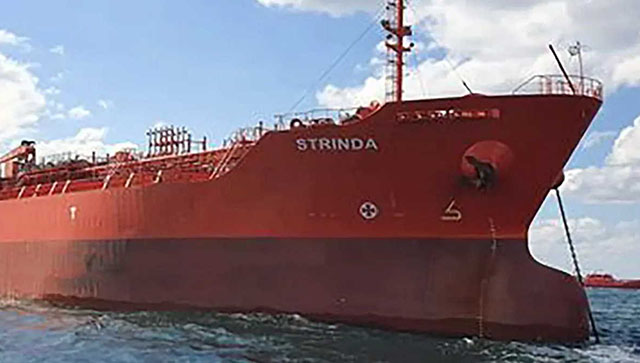In a series of alarming events, Houthi rebels from Yemen have intensified their attacks on international shipping in the Red Sea, targeting vessels of various nationalities. These acts of aggression have raised concerns globally, impacting trade routes, maritime security and insurance premiums.
Houthi threat The Houthi rebels, a Shia armed group in Yemen with Iranian backing, have been on a maritime offensive since October. “The armed forces will not hesitate to target any Israeli ship in the Red Sea or any location that falls within our reach, starting from the moment this statement is announced,” warned Houthi military spokesperson Yahya Sarea. Subsequently, the rebels have followed through on their threat, attacking multiple vessels, including commercial and military ships. Recent attacks The timeline of attacks includes the seizure of an “Israel-linked” ship on 19 November, missile strikes on three commercial ships on 3 December, a reiterated warning on 9 December and the most recent incident on 11 December, where a Norwegian cargo ship, the Strinda, was hit by a Houthi cruise missile. Despite the vessel being en route to Italy, the rebels claim it was heading to Israel. Houthi military spokesperson Sarea justified the attack on the Norwegian ship, stating that Yemeni forces targeted it because its crew rejected warning calls. The rebels insist on preventing ships of all nationalities from navigating the Red and Arab Seas until they deliver essential supplies to the Gaza Strip. “Yemeni forces did not resort to targeting the Norwegian ship loaded with oil until its crew rejected all warning calls. The Yemeni armed forces will not hesitate to target any ship that violates what was stated in the previous statements. The Yemeni Armed Forces confirm that they continue to prevent all ships of all nationalities heading to Israeli ports from navigating in the Arab and Red Seas until they bring in the food and medicine that our steadfast brothers in the Gaza Strip need,” said Sarea. Continued threat and ceasefire call The Houthi rebels have declared their intention to persist with such attacks emphasising that a ceasefire in Gaza is the only way to halt their maritime offensive. This raises questions about the role of international actors in mediating a resolution and delivering humanitarian aid to the Gaza Strip. Notably, the Houthi rebels have exhibited confidence in their actions, exemplified by their conversion of a seized ship, the Galaxy Leader, into a tourist attraction. This bold move underscores the rebels’ unconventional approach, openly flaunting their activities, including attacking military vessels and commercial ships at will. “Today, we are on board of the Israeli ship, the Galaxy Leader, that has turned into an attraction. Instead of being a shipping vessel for the Israelis, it turned into an attraction for Yemenis from all provinces. A big number of Yemeni people are touring it everyday. Instead of going to parks and beaches, they are now visiting the Galaxy (Leader) ship,” said Houthi media officer Sameer Al-Rabit. International response Governments, particularly the United States and France, have responded to the Houthi threat. The US Navy, represented by the USS Carney, intercepted Houthi missiles, while the French military shot down two Houthi drones targeting their warships. However, the risk persists, with the Houthi rebels indiscriminately targeting vessels, creating a volatile situation in crucial maritime routes. The Red Sea attacks have far-reaching implications for global trade and insurance. With the Red Sea being a vital trade route, any disruption affects approximately 12 per cent of global trade and 10 per cewnt of seaborne oil. The increased risk in the region has led to a surge in insurance premiums for ships transiting through the Red Sea, ultimately impacting consumers worldwide. The Houthi rebels’ maritime offensive poses a significant threat to international shipping and necessitates urgent attention from the global community. Whether through diplomatic efforts, military interventions, or addressing the root cause in Gaza, concerted actions are required to mitigate the risks posed by the Houthi rebels in the Red Sea. The implications extend beyond regional conflicts, affecting the interconnected web of global trade and economic stability. Views expressed in the above piece are personal and solely that of the author. They do not necessarily reflect Firstpost’s views. Read all the Latest News , Trending News , Cricket News , Bollywood News , India News and Entertainment News here. Follow us on Facebook , Twitter and Instagram .
)